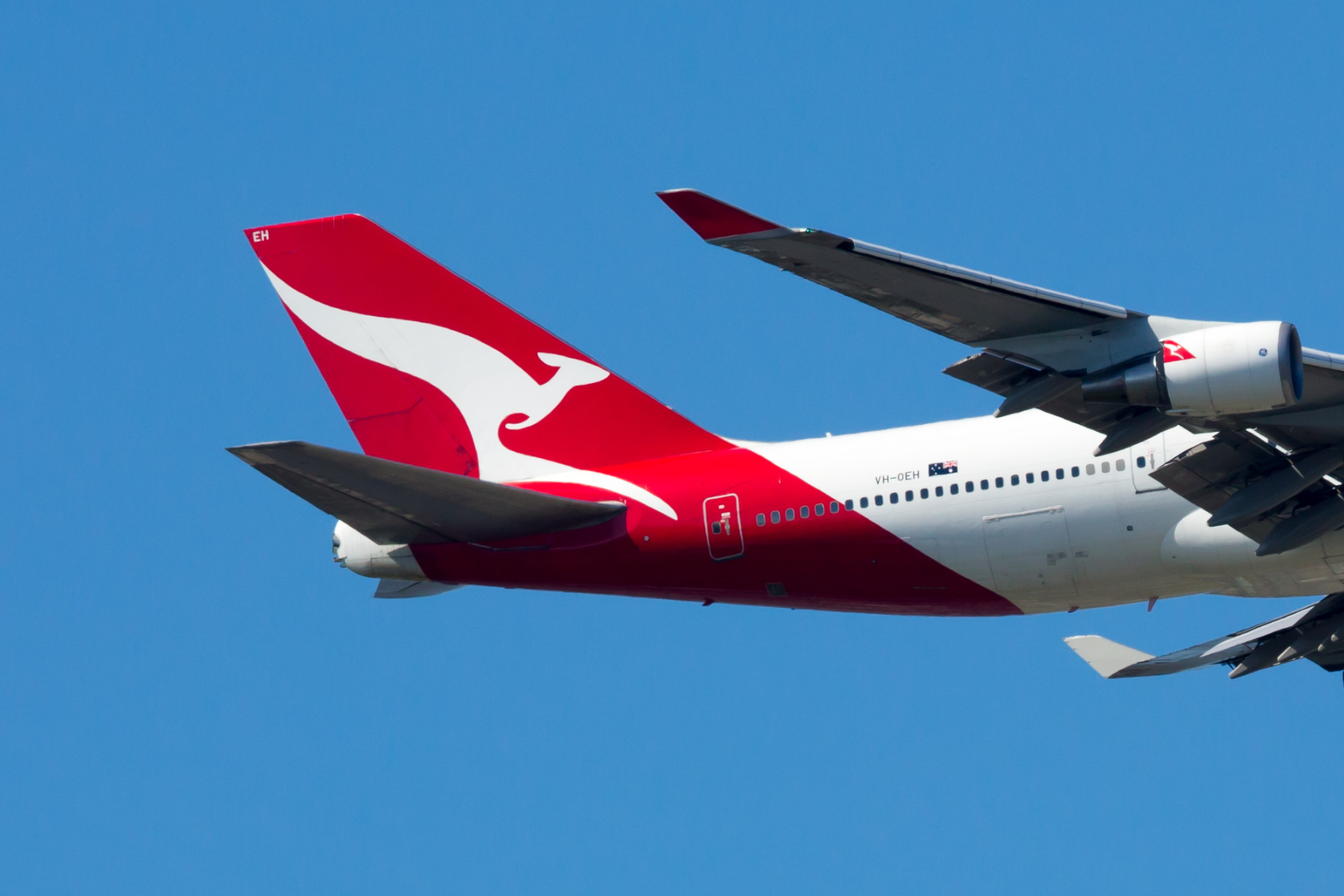Qantas Data Breach Hits 5.7 Million Customers
Anthony Duran
on
July 10, 2025
It starts with a ping—a curious email about a delayed flight. You click through, pausing only when you realize your personal details were exposed. That feeling of unease? It’s exactly what millions of Qantas customers are facing after a massive data breach. Imagine trusting your favorite airline and waking up to find your name, email, even frequent flyer number… out in the open.
5.7 Million Records Exposed and the Fallout
Qantas recently confirmed that 5.7 million customer records were compromised in a cyberattack targeting a Manila-based call center platform.
Among those:
- 4 million records included names, email addresses, and frequent flyer tiers (1.2 million had name + email only; 2.8 million had full flyer info).
- 1.7 million additional records contained sensitive data like home addresses (1.3M), birthdates (1.1M), phone numbers (900K), gender (400K), and meal preferences (10K).
Importantly, no credit card data, passwords, passport details, or login credentials were stolen.
How It Happened: A People-Powered Breach
This wasn’t a brute-force hack it was a classic case of social engineering. Attackers employed a technique known as vishing, targeting contact center staff via phone to extract credentials and bypass multi-factor authentication.
The culprits? Likely the notorious Scattered Spider group known for sophisticated, human-focused attacks across airlines and payment systems.
What It Means for all of us?
You’re savvy aware of clickbait scams, credential stuffing, and MFA fatigue. But Qantas shows one stark truth: even the best tech defenses crumble when humans are the weak link.
And the impact is real:
- Exposed names, birthdates, addresses is a perfect recipe for identity theft and sophisticated phishing.
- Frequent flyer numbers, once harmless, can now stalk your loyalty perks leading to account takeover risk.
- Third-party vulnerabilities continue to be a massive blind spot, trusting the chain means trusting everyone in it.
And let’s not forget: people often prioritize brands with strong digital security. Trust erodes fast, and recovery is slow.
Broader Trend: Airlines Under Fire
Qantas isn’t alone. This breach follows attacks on WestJet, Hawaiian Airlines, Optus, and Medibank, signaling that the aviation sector is now a top target. Regulators are responding: Australia tightened incident reporting after 2022’s Medibank breach, but enforcement is still catching up.
What You Can Learn (and Do) Now
- Vet third-party providers aggressively: your cybersecurity policies need to extend beyond your infrastructure.
- Regularly test your education programs: simulate “vishing” and phishing to build real resilience.
- Adopt no-trust principles and least privilege access: limit exposure if a breach occurs.
- Monitor dark web and leak forums because even non-sensitive data can morph into something dangerous later.
The Qantas breach isn’t just an airline’s problem, it’s a wake-up call for every person navigating an increasingly digitized world. When personal data, including elements we’d never associate with misuse, is compromised, attribution becomes attack vectors. It’s a reminder that people are often the weakest link in cybersecurity, even in digitally advanced companies.
So as we expand our defenses, protocols, and automation, are we truly strengthening the human side of security too?


